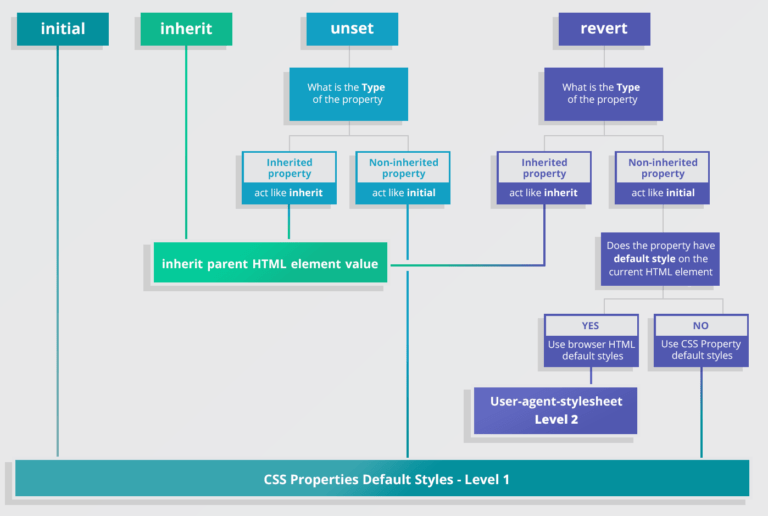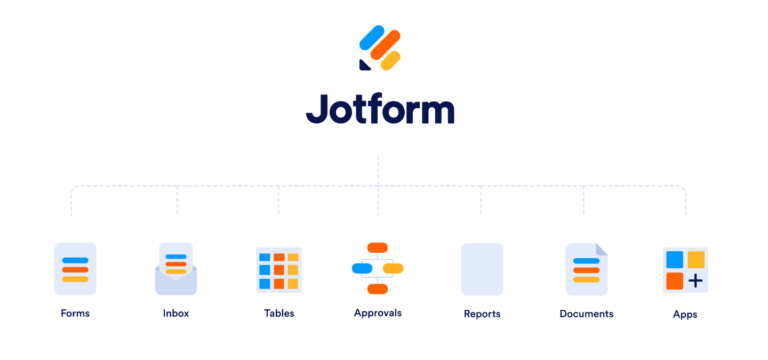Obtaining or getting a licence to administer a business is incredibly important for many reasons. However, the process isn’t as simple as it’s made out to be. Many countries require a different licence depending on what kind of industry you’re running, how big your business is, and even where it’s located. Getting these licences can be stressful and sometimes even confusing – at least in India! But that doesn’t mean that you should back down!
Though getting your paperwork together and obtaining the necessary licences may seem daunting at first, using the right resources should make it much more manageable.
Also Read: 3 Financial Reports To Run Before Pursuing A Business Loan
What is the definition of a Business Licence?
Table of Contents
A business licence is basically a business passport. It’s a document that authorises your business and ensures that all formalities are duly satisfied, like taxes or quality assurance.
A business licence is a permit issued to you by government agencies so that you are legally allowed to run your business.
What are the benefits of having a Business Licence?
Over the past forty years, businesses have relied on business licences and permits in order to keep track of their operations and commerce. These licences are managed by the state government through municipal corporation rules, making sure that no one gets harmed due to trespassing or health hazards. These permits ensure that businesses always stay in a particular area and are legally allowed to operate in a specific location.
Getting a licence to do business is conclusive in ensuring that your business has every chance of thriving. Of course, it could seem like there are more than enough processes and procedures to be dealt with to establish licensing. However, once you have all the documents in place, we promise you’ll feel an immense sense of relief moving forward, knowing that everything has been appropriately documented. That said, consider these most popular licence types for businesses so that you can determine which best meets the criteria for your company and its specific industry!
Also Read: Business Loan Requirement & 5 Must Ask Questions Before You Apply For A Business Loan
What is the procedure for obtaining a business licence in India?
The process for acquiring a business licence varies depending on the sort of firm, its location, and its size. However, there are several necessary registrations that are universal to most states:
Business Name Registration
According to legal laws and requirements, this registration is used for business or branding names. It would be prudent to register the business name as soon as possible to prevent being engaged in copyright or other infringement difficulties at a later point.
GST Registration
As an entrepreneur, you won’t want to miss out on any of the compliance measures for your GST as this is a task that must be carried out by every business owner and it will help you avoid getting into trouble later on. It’s best to know what needs to be done when and how much needs to be filed. Entrepreneurs must be aware of the various criteria outlined in the GST Act and obtain registrations.
Trade licence
All businesses will encounter paperwork related to trading licences, depending on state and local laws.
Also Read: Reasons Indian Businesses Faces Rejection for Small Business Loans
Different types of business licences
Company Registration
Nearly all corporations in India are run as sole proprietorships or limited partnerships with no government licensing. The Ministry of Corporate Affairs is in charge of regulating the creation of corporations, including LLP- limited liability partnerships. It is advised that people who wish to sell goods or services with annual revenue of more than Rs.20 lakh form an LLP or limited liability partnership. After you register your LLP as a new business corporation, you will have legal existence. This means nobody can’t sue you for anything unless there’s definitive proof. Furthermore, the company would be easily transferred and continue to exist indefinitely. As a result, consulting an expert before beginning a firm is recommended.
According to the Companies Act of 2013, there are many types of businesses:
- One Person Company
The One Person Company (OPC) registration, introduced in 2013, allows a sole entrepreneur to register their firm and lawfully carry on their business functions. - Private limited company
Suppose you set up your company as a private limited company, then in the eyes of the law. In that case, it is its distinct legal entity, made up of members who have formed a voluntary organisation. Every member’s legal obligation is determined by the number of shares they own. Businesses with a significant revenue are registered as Public Limited Companies, either with or without the intention of launching an initial public offering (IPO) in the future.
- Public Limited Company
Businesses with a significant revenue are registered as Public Limited Companies, either with or without the intention of launching an initial public offering (IPO) in the future.
Also Read: Factors That Affect The Eligibility For Small Business Loans
GST Registration
GST All businesses and individuals with an annual turnover of more than Rs.20 lakhs in most areas must register. In addition, regardless of revenue, anybody delivering products for intra-state sale must register for GST.
Registration under Udyam
The Udyam online site handles small business registration in India. It is not necessary to register with Udyam. The qualifying requirements for Udyam enrollment are set in terms of a composite of machinery and equipment investment and company turnover.
Also Read: 10 tips for avoiding business loan scams
FSSAI Licence
The FSSAI– Food Safety and Standard Authority of India is the regulatory body responsible for ensuring the safety and uniformity of food items.
Import Export Code
In India, export and import enterprises require specific permission recognized as the Import Export Code.
Shop and Establishments Act
In India, a licence is required to start a retail store under the “Shop and Establishments Act.” The state governments are in charge of issuing the registration.
Factory Registration
In India, licensing is required to operate a factory under the Factories Act, 1948, granted by the state government.
Also Read: Business Loan Requirement & 5 Must Ask Questions Before You Apply for A Business Loan
How to get a Business Licence?
Seeking professional assistance on obtaining a business licence can assist you in determining whether you require that specific licence. It’ll also encourage you to ask the right questions and make sure that no mistakes are made along the way when obtaining a business licence.
Documents Required
- Aadhaar Card
- Pan Card
- Voter ID
- Driving Licence or Passport
- Electricity Bill
- Rent Agreement
- Certificate of Chartered Accountant
- Deed of Partnership
- Memorandum Of Association and Article of Association.
Also Read: Factors to Consider When Evaluating a Business Loan Offer
Conclusion
A business licence ensures that you pay your taxes and follow the business regulations of your local or state government. Understanding the many different types of business licences and how they work is essential, as the requirements and application processes can vary greatly.






